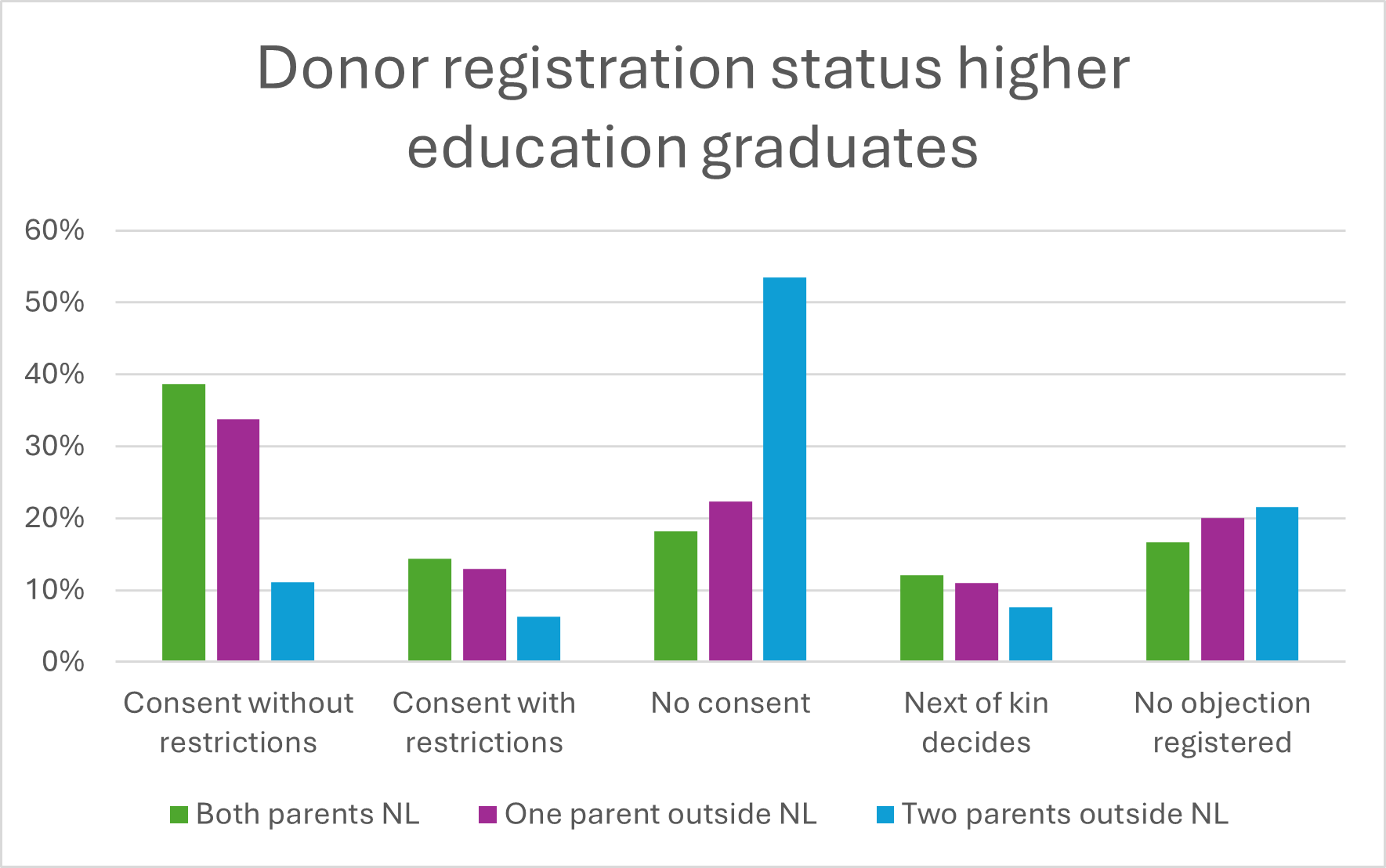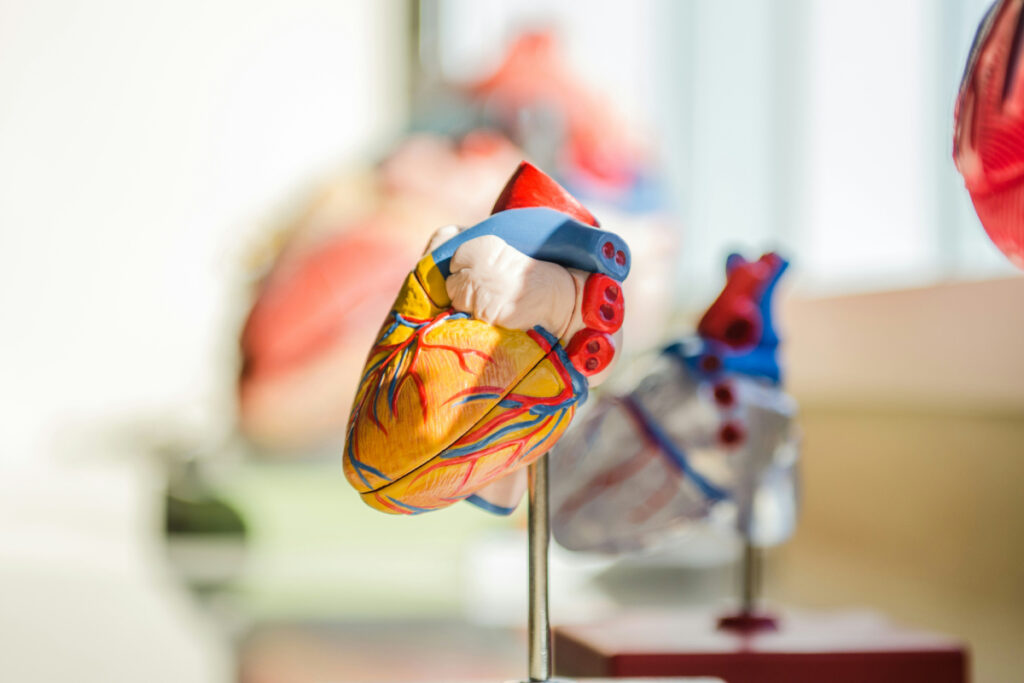When people die, tissues and organs such as the heart, kidneys and liver can sometimes be used to help seriously ill patients. But not everyone is willing to become a donor.
In the donor register, people can indicate whether they consent to organ donation. They can also choose to become donors with certain restrictions – some people don’t want to donate their eyes, for instance. Another option is to leave the choice to your next of kin.
To combat the shortage of donors, a new law has been in place since July 2020: people who don’t make a choice in the donor register are now registered as ‘no objection’ by default. Since then, use of the donor register has surged from 49 to 72 percent of adults, Statistics Netherlands (CBS) reports.
Education level
Organ donation is much more common among the highly educated: 46 percent of this group consent, with or without restrictions, and only 21 percent register as objectors. For those with the lowest levels of education, the figures are almost reversed: only 23 percent give permission and 40 percent object.

© HOP. Source: CBS. Year: 2024. Breakdown by age not available.
People’s cultural background also plays an important role when it comes to their willingness to become an organ donor. Among people of Dutch origin (both parents born in the Netherlands), 34 percent object to organ donation, compared with 64 percent of those with a migration background, CBS notes.
This pattern persists regardless of education level: highly educated people whose parents were born outside the Netherlands are also less likely to be registered donors.

© HOP. Source: CBS. Year: 2024. Parents born in the Netherlands or not.
This could lead to donor shortages for migrant populations, according to CBS. “The chances of finding a matching organ that won’t be rejected by the body are highest if the organ comes from someone with the same background.”
Research
In the register, you can also agree to your organs potentially being used for scientific research into organ transplantation if they can’t be used for a patient. CBS doesn’t keep figures on this, but the donor register does.
The vast majority of those who agree to donation are also happy to donate their organs to science: 4.5 million of them consent, while only 304,000 object.
